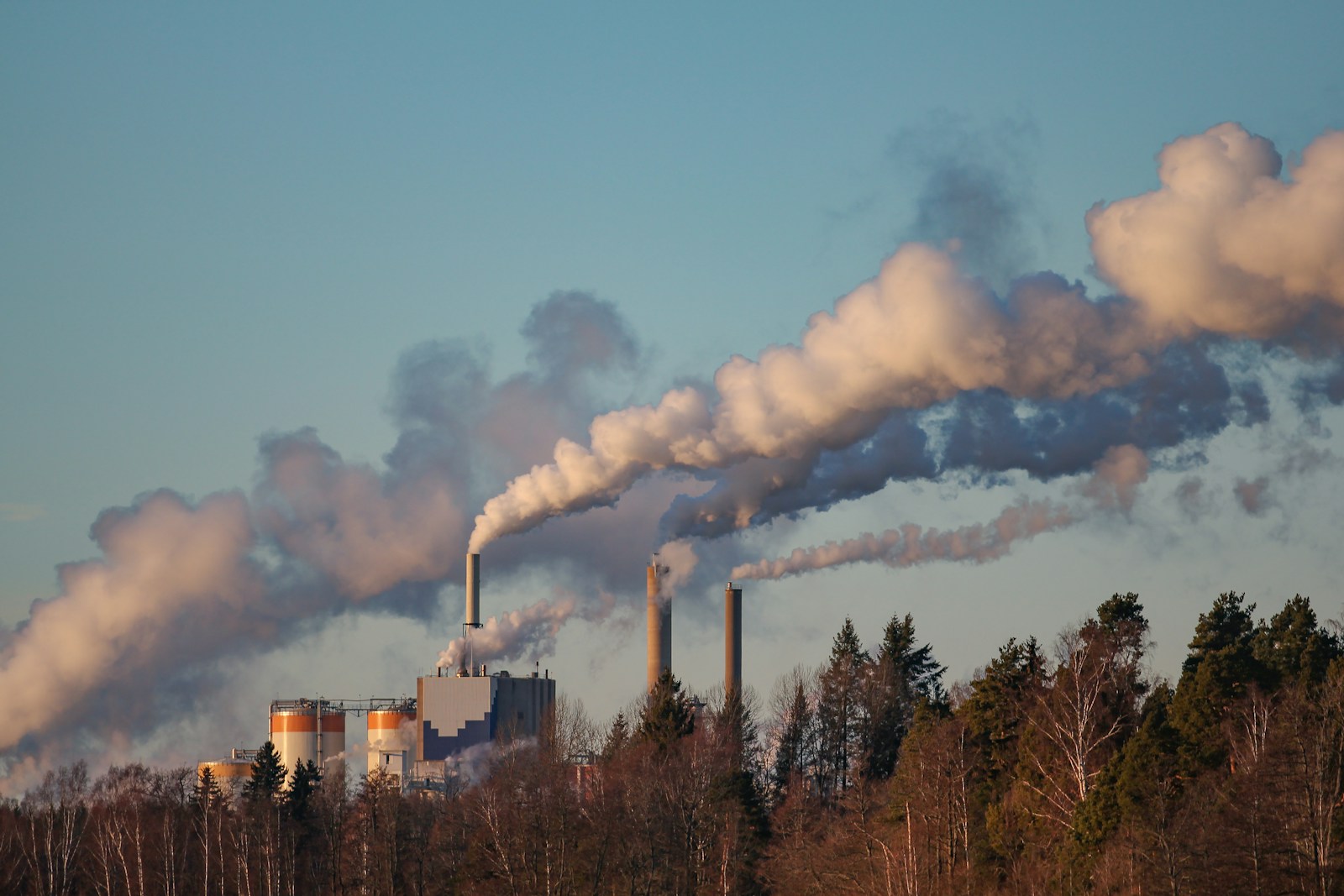Table of Contents
ToggleIntroduction
When it comes to taking the environment seriously, France is leading the way. The French government is making strides towards becoming an ecological civilization, with institutional commitment to ecological transition and concrete steps to address the environmental crisis. In contrast, the UK’s response to the environmental crisis has been lackluster. This article will compare France’s progress to the UK’s efforts and highlight the importance of ramping up environmental standards and taking necessary steps towards a sustainable future.
France’s Institutional Commitment to Ecological Transition
One measure of the seriousness of France’s plan to address the environmental crisis is the institutional commitment behind it. France now has a ministry for ecological transition, which is responsible for implementing policies to reduce the country’s impact on the environment. By the end of next year, the nation’s 25,000 most senior civil servants will have been trained in the principles behind the ecological transition. By the next presidential election, in 2027, every public sector worker will have had this training, tailored to their sector. This means that 5.6 million people will be taught about the biodiversity crisis, the climate crisis, and the natural resources crisis, and how these phenomena relate to the public services they supply.
France’s Progress in Energy, Water, and Resource Conservation
France has made significant progress in energy, water, and resource conservation. Their circular economy law seeks to reduce the unnecessary use of resources. Single-use plastics are forbidden in public procurement, and shops must allow people to bring refillable containers. Manufacturers, wholesalers, and retailers are forbidden to throw away unsold items, creating an incentive to avoid overproduction. The government is seeking to eliminate planned obsolescence. Major commercial sectors – electrical and electronic equipment, toys, sports, leisure, DIY, gardening, textiles, footwear, and furniture – must pay into a repair fund. Companies have to provide spare parts and repair instructions. Manufacturers are banned from using any strategy to restrict the repair or longevity of the devices they sell, such as software updates that slow down phones and tablets.
France’s Plan to Protect its Water Resources
France has published a plan to protect its water resources from source to sea, reducing the amount withdrawn from rivers and groundwater, reusing grey water (the water that drains from sinks, showers, washing machines, etc.), tackling pollution, and improving the ecological condition of rivers and lakes. The government is spending €1.4bn (£1.2bn) on cleaning up the Seine, in which, for much of its length, swimming has been forbidden since 1923, as the water is so toxic. The river will be the centerpiece of the 2024 Paris Olympics when triathletes and marathon swimmers will compete in its waters.
Comparison with the UK’s Efforts
In contrast, the UK’s response to the environmental crisis has been lackluster. The government has vague promises for change in 2040 or 2050. The government has refused to grant Scotland an exemption to the Internal Market Act, delaying the introduction of a deposit scheme for glass bottles. There are also failures to include an overall improvement in water quality in the Environment Act targets.
The UK’s Shortcomings in Water Quality and Pollution Control
The UK has failed to include an overall improvement in water quality in its Environment Act targets. The UK’s failures to take action on sewage pollution are also a concern. The UK government should take note of France’s basic green measures, which are a minimum for any responsible government to implement.
Conclusion
Every government should be making the transition toward an ecological civilization. France is leading the way with its institutional commitment to ecological transition and concrete steps to address the environmental crisis. The UK should take note of France’s basic green measures, which are a minimum for any responsible government to implement. It is time for the UK to ramp up its environmental standards and take the necessary steps toward a sustainable future before it’s too late.







